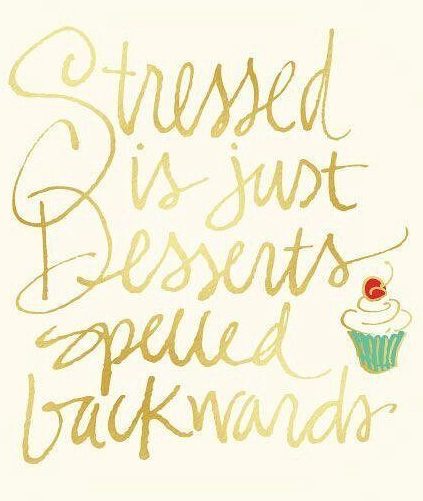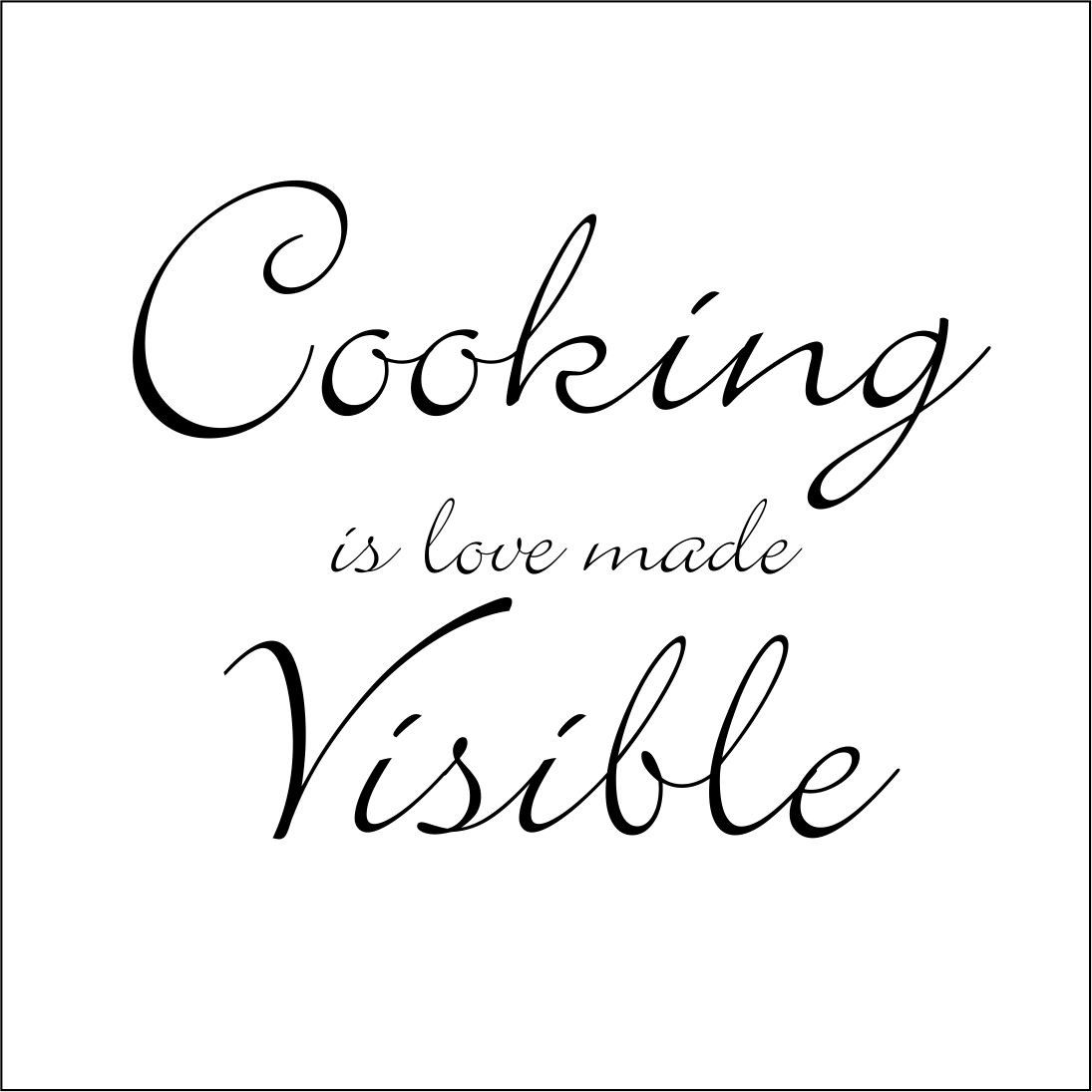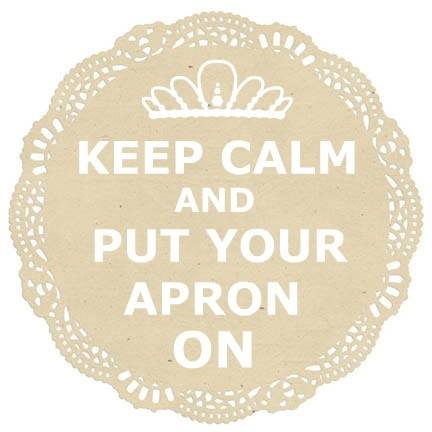“Good things come to those that bake.”
Whether you’re an avid baker, or simply reap the benefits of knowing one, we can all agree that baking is about more than creating something sweet to eat.

In fact, according to Donna Pincus, associate professor of psychological and brain sciences at Boston University, baking, especially for others, can have incredible psychological benefits.
“There’s a lot of literature for connection between creative expression and overall wellbeing. Whether it’s painting or it’s making music [or baking], there is a stress relief that people get from having some kind of an outlet and a way to express themselves,” Pincus tells Huffington Post.

Stress Is Just Desserts Spelled Backwards
We all experience varying degrees of stress throughout the day due to a multitude of mental, physical, and environmental challenges. In order to live a happy and healthy lifestyle, it’s important to have to go to coping mechanisms that help alleviate some of the worry and anxiety, ultimately relieving stress.
For many people, baking is a “go to” coping mechanism as it allows them to shift their focus to the recipe, and indulge in their creativity.
When baking for other people, baking can also be a helpful way to communicate one’s feelings. This, according to Susan Whitbourne, professor of psychological and brain sciences at the University of Massachusetts, can likely be attributed to the cultural norm of bringing food to someone when a loved one has passed. It says everything you need to say when there aren’t adequate words. “It can be helpful for people who have difficulty expressing their feelings in words to show thanks, appreciation or sympathy with baked goods,” Whitbourne explains.
Licensed clinical social worker and culinary art therapist, Julie Ohana, echoes that sentiment. “In many cultures, in many countries, food really is an expression of love, and it’s actually beautiful because it’s something we really all relate to. I think it could border on an unhealthy issue when it replaces communication in the traditional sense, but if it’s done along with communication, it is absolutely a positive and really wonderful thing.”
Baking is a form of mindfulness.
Practicing Meditation and mindfulness have been found to increase happiness and reduce stress, and for many people, baking IS a form of mindfulness.
“Baking actually requires a lot of full attention. You have to measure, focus physically on rolling out the dough. If you’re focusing on smell and taste, on being present with what you’re creating, that act of mindfulness in that present moment can also have a result in stress reduction,” explains Pincus.
Baking fits into a type of therapy known as behavioral activation, often used to treat depression.
“Baking is thinking step-by-step and following the specifics of the here and now, but it’s also thinking about recipes as a whole, the dish as a whole, what are going to do with it, who it’s going to, what time are you sharing it, so baking is a really good way of developing that balance of the moment and the bigger picture,” says Ohana.
Pincus said that when that being mindful ― such as when you bake ― it can mean “you’re not spending time ruminating over your thoughts, we know that rumination leads to depression and sad thoughts if you’re doing something productive. And the nice thing about baking is that you have such a tangible reward at the end and that can feel very beneficial to others.”

Baking for others is selfless.
While the process of baking can contribute to an overall sense of well-being, giving heightens that feeling. In fact, the joy of gifting their creations is what many bakers enjoy most.
“Baking for others can increase a feeling of wellbeing, contribute to stress relief and make you feel like you’ve done something good for the world, which perhaps increases your meaning in life and connection with other people,” Pincus told HuffPost.
From measuring and whisking to baking and serving, laboring over a recipe from start to finish with the intent of giving is a selfless act that has been heavily studied and written about for decades.
In fact, there’s long been an appreciation of the physical and emotional significance associated with baking for others. “The most benefits would accrue when you bake not to seek attention or to out-do others, but when you just want to share the food with people who you believe will appreciate it. As long as you’re good at what you bake,” said Whitbourne.
So, should we all take up baking even if we don’t find pleasure in it?
Not necessarily.
If baking is an activity that stresses you out, then you might not reap the same psychological rewards and shouldn’t force yourself to partake. “If someone has a phobia with cooking and baking, it’s not for them. It’s better for people who start off with a baseline comfort level in the kitchen,” says Ohana. Pincus agrees: “As long as it’s not stressful and not obligatory, it can be beneficial for all.”

Do you know someone that’d benefit from this article? Please share with friends and family by clicking the button below!




